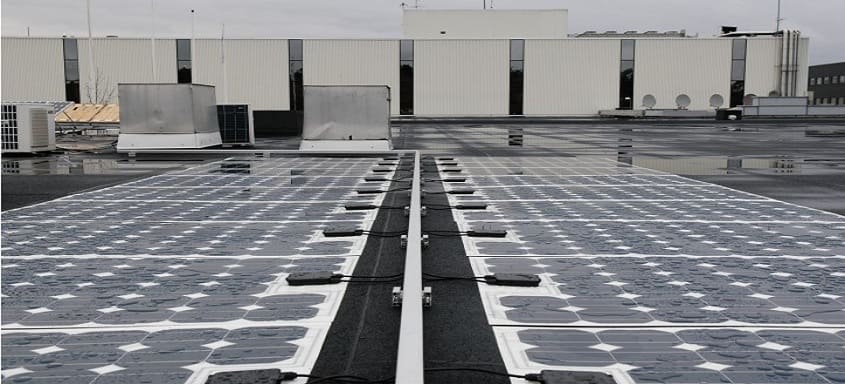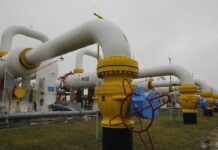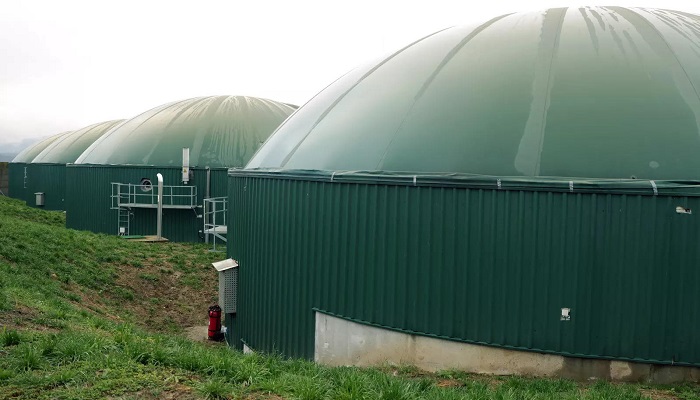The Energy Transition Advisory Committee (ETAC) under the Ministry of Petroleum and Natural Gas has released a report titled ‘The Green Shift’ which outlines several policy recommendations for transitioning to clean energy solutions in India. The committee, led by Tarun Kapoor, ex-Secretary in the petroleum ministry, aims to increase the adoption of clean energy sources and reduce carbon emissions.
One of the recommendations is the blending of liquid petroleum gas (LPG) with compressed biogas made from urban waste. This initiative promotes the use of renewable energy sources and helps in reducing dependence on fossil fuels. Additionally, the report suggests using Methanol and Ethanol as cooking fuels and emphasizes the need to popularize these options by introducing user-friendly products. This move would further contribute to reducing carbon emissions in the cooking sector.
To further promote clean cooking practices, the committee proposes the widespread use of electric or solar-based cooking systems. Their target is to have 25% of households using electricity for cooking purposes by 2030. The report also emphasizes the importance of incentivizing the usage of green hydrogen for future projects. Green hydrogen, produced using renewable energy sources, has the potential to significantly reduce carbon emissions and contribute to a greener energy sector.
The report also addresses the need for reducing carbon emissions in the surface transport sector. It highlights the importance of standardizing electric two-wheelers to facilitate the development of charging infrastructure and promote battery swapping. Additionally, the committee recommends phasing out diesel-driven four-wheelers in highly polluted areas and major cities by 2027. In the long term, a complete ban on internal combustion engine two or three-wheel vehicles is proposed by 2035. During this transition period, the report stresses the significance of providing policy support for ethanol-blended fuel, gradually increasing the blend ratio to reduce carbon emissions from the transportation sector.
The committee also highlights the need for a transition towards clean fuel urban public transport. They propose prohibiting the addition of diesel city buses in urban areas, aiming to achieve a fully clean and sustainable public transportation system within approximately ten years. The report stresses the importance of providing the necessary support and creating an ecosystem for electric vehicle (EV)-based mobility through policy and financial measures.
The railway sector is also addressed in the report, which recommends increasing the share of cargo transported by railways from the current 23% to over 50%. By promoting rail transport for cargo, India can significantly reduce carbon emissions associated with road transportation and enhance the efficiency of freight logistics.
The report highlights India’s commitment to global climate goals as well. Prime Minister Narendra Modi, at the COP26 summit in Glasgow, pledged to achieve five ambitious goals known as the “Panchamrit” pledge. The same includes hiiting 500 GW of non-fossil electricity capacity, generating half of all energy requirements from renewable sources, reducing emissions by 1 billion tons by 2030, reducing emissions intensity of GDP by 45%, and achieving net-zero emissions by 2070. These commitments demonstrate India’s determination to play an active role in combating climate change and transitioning to a sustainable energy future.
The report acknowledges the global recognition of the adverse impacts of single-use plastic on terrestrial and aquatic ecosystems, including marine environments. It highlights the importance of addressing pollution caused by single-use plastic items, which has become a significant environmental challenge worldwide.
India has also been advocating for climate finance for developing countries, highlighting the comparatively low per capita emissions in these nations. The country seeks to ensure that carbon mitigation efforts receive adequate financial support and is engaging in discussions related to climate finance, including its definition and implementation.












































